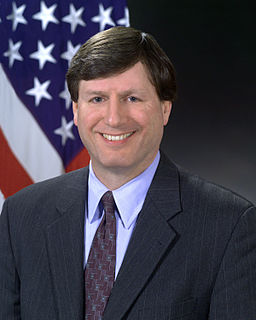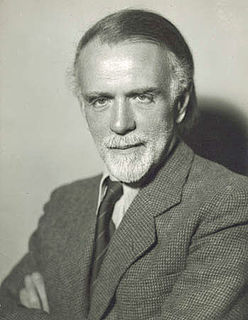A Quote by Fred Ehrsam
Related Quotes
One of the myths about the Internet of Things is that companies have all the data they need, but their real challenge is making sense of it. In reality, the cost of collecting some kinds of data remains too high, the quality of the data isn't always good enough, and it remains difficult to integrate multiple data sources.
In the past, Google has used teams of humans to 'read' its street address images - in essence, to render images into actionable data. But using neural network technology, the company has trained computers to extract that data automatically - and with a level of accuracy that meets or beats human operators.
Disruptive technology is a theory. It says this will happen and this is why; it's a statement of cause and effect. In our teaching we have so exalted the virtues of data-driven decision making that in many ways we condemn managers only to be able to take action after the data is clear and the game is over. In many ways a good theory is more accurate than data. It allows you to see into the future more clearly.
The characteristics of a good musician can be summarized as follows: 1. A well-trained ear. 2. A well-trained intelligence. 3. A well-trained heart. 4. A well-trained hand. All four must develop together, in constant equilibrium. As soon as one lags behind or rushes ahead, there is something wrong. So far most of you have met only the requirement of the fourth point: the training of your fingers has left the rest far behind. You would have achieved the same results more quickly and easily, however, if your training in the other three had kept pace.
We are all trained to be data driven people, but no hard data exist about the future. Therefore, the only way to look into the future with any degree of accuracy is to use theory, statements of what causes what and why. If executives have the right theories in their heads, they can very quickly interpret market developments. They can identify what matters and why, and act accordingly. So we suggest decision-makers should start by gaining a deep understanding of the relevant collection of theories, and then be alert for signals that indicate certain types of developments.






























